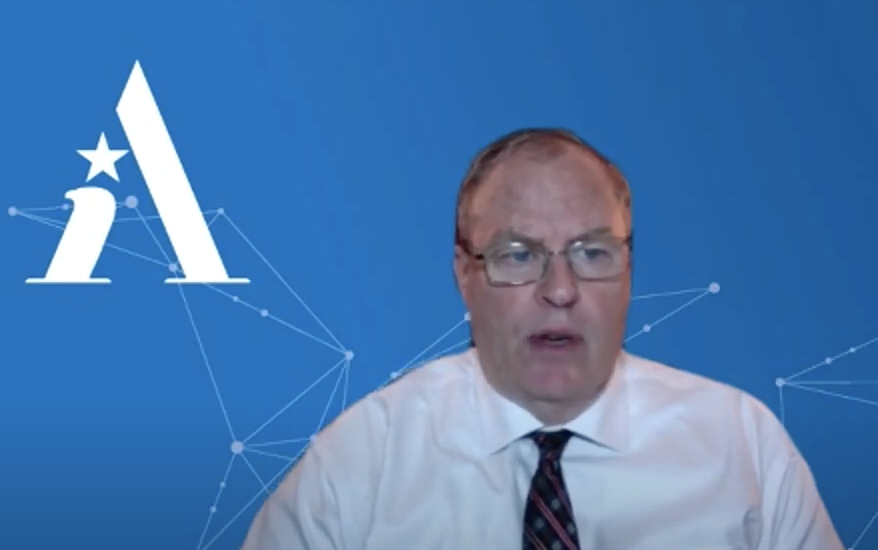U.S. AI Corps Seeks to Keep Pace with China

A proposed U.S. Digital Service Academy would create an AI software repository to support R&D while training the next generation of AI developers.
According to recommendations released this week by a government commission, the proposed coding academy seeks to fill the growing AI talent gap by enlisting students who would also serve as federal employees. The accredited, degree-granting U.S. academy would receive government funding as an “independent federal entity” akin to, but differentiated, from U.S. military service academies.
The digital workforce recommendations were released this week by the National Security Commission on Artificial Intelligence, established in 2018 to promote AI, machine learning and related automation technologies to meet U.S. economic and national security needs.
The AI panel’s recommendations submitted to Congress this week proposed increased government efforts “to train and recruit technically skilled civilians by expanding Scholarship for Service programs” through a U.S. Digital Service Academy.
The commission is chaired by ex-Google CEO Eric Schmidt. Robert Work, former U.S. deputy defense secretary, serves as vice-chairman of the AI advisory panel. Work also heads an AI task force established by the Center for Strategic and International Studies.
“The government would benefit from access to a larger portion of the country’s total digital workforce,” the commission noted in a report outlining its proposals. “Many government digital projects suffer from lack of access to digital expertise.
“Several AI practitioners within the United States Government have said during interviews with the [commission] that their projects would benefit from the kind of reserve corps we propose here,” the panel added.
Digital corps scholarships would be modeled after incentives used by the Reserve Officers Training Corps, with scholarship students working as government interns during part of the summer. Scholarship recipients would make a five-year commitment, working with different government agencies on a project basis, according to the recommendations.
Service commitments also would include working at least 38 days a year—the same commitment made by military reservists, including two to three days a month, plus a two-week stint—as AI instructors or developers, performing duties such as collection and preparation of data sets used to develop AI models and algorithms.
Other responsibilities would include project management, “fram[ing] technical solutions [and] building bridges between the public and private sector[s],” the commission said.
“The United States government has to organize [its] resources to train, understand and employ AI-enabled technologies,” Work said. “It will affect our economic competitiveness, it will affect our national security competitiveness.”
The commission was formed in response to China’s massive investment in AI development and Beijing’s roadmap for dominating the strategic technology over the next decade. Proposals like the Digital Service Academy also aim to boost government adoption of AI technologies, especially by the U.S. military.
While Work stressed that the AI initiative seeks to establish public-private partnerships, skeptics note that the proposed AI coding academy would compete for talent with the nation’s top engineering schools. Recent surveys indicate that much of that talent comes from China, with graduates often opting to work for U.S. companies after graduation.
A replay of the commission’s deliberations is here.
Related
George Leopold has written about science and technology for more than 30 years, focusing on electronics and aerospace technology. He previously served as executive editor of Electronic Engineering Times. Leopold is the author of "Calculated Risk: The Supersonic Life and Times of Gus Grissom" (Purdue University Press, 2016).











